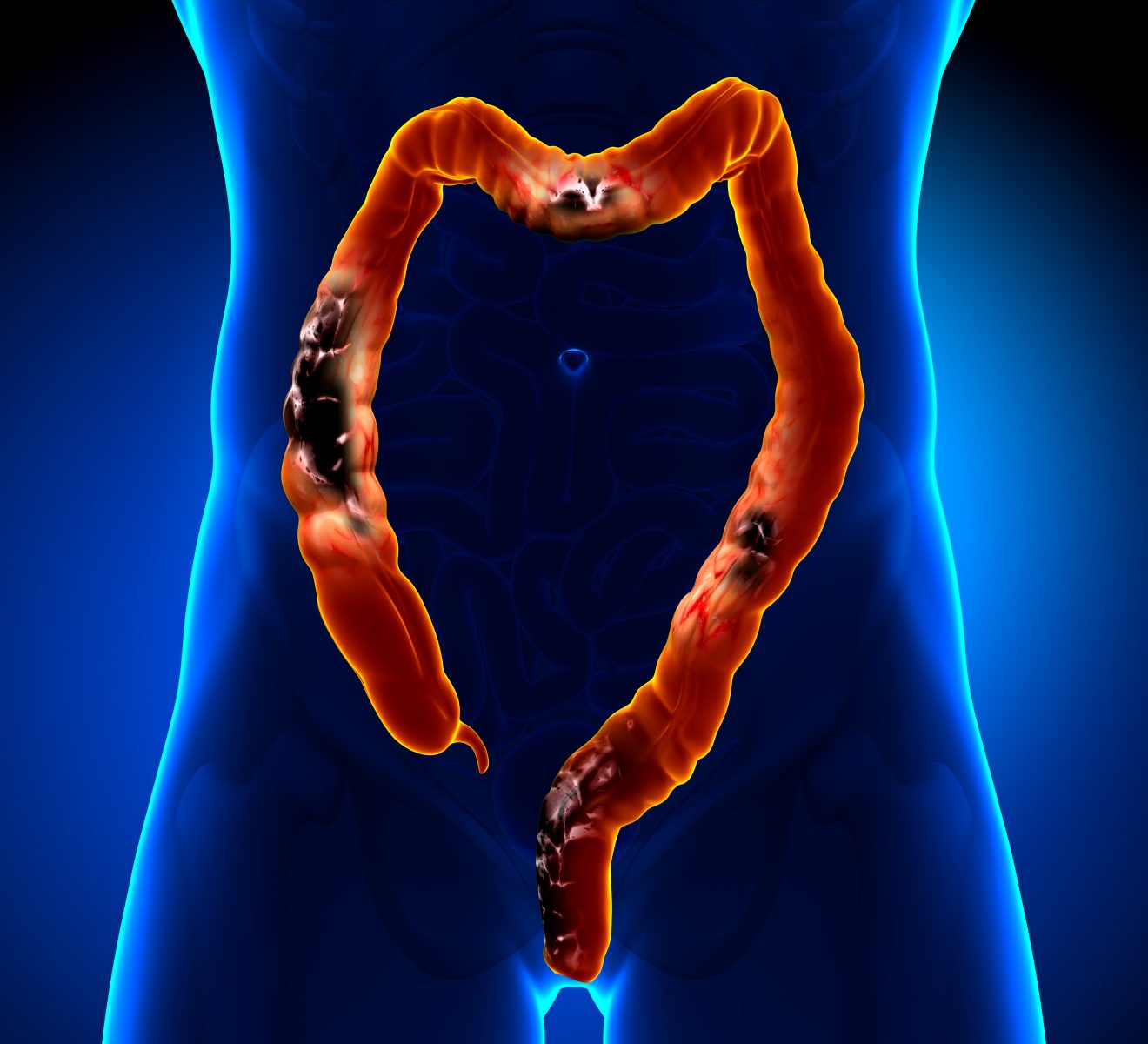
Colorectal cancer is cancer that affects the colon (also called the large intestine) or the rectum. It is the third most common cancer in women, after breast and lung cancer. The Canadian Cancer Society reports that 10,300 Canadian women were diagnosed with colorectal cancer in 2012, and 4,200 women died of it. In Canada, one in 16 women will develop colorectal cancer in her lifetime and one in 32 will die from it. The best way to protect yourself is colorectal cancer screening.
Most colorectal cancers develop from polyps, which are growths on the inside of the colon or rectum. Although most polyps are benign (not cancerous), having polyps can be a risk factor for developing colorectal cancer.
“Polyps rarely cause symptoms. So if you want to find polyps you’ve got to go looking for them, or do tests to try to identify them,” says Women’s College Hospital gastroenterologist Dr. Susan Stafford. That’s where screening comes in.
“Screening means you’re doing investigations in people who don’t have symptoms,” Dr. Stafford explains. “The risk of polyps starts to increase after age 50. When we’re doing screening what we’re trying to do is find polyps – or if you do find cancer you’re hoping to find it at an early stage.”
When diagnosed in its earliest stages, colorectal cancer responds very well to treatment.
Screening is the most important tool for preventing colorectal cancers. Screening should begin at age 50 for people at average risk (those with no other risk factors).
Some of the main risk factors for colorectal cancer are things that can’t be changed, such as being over 50 years old, having a family history of colorectal cancer or having inflammatory bowel disease. However, maintaining a healthy lifestyle may help avoid some modifiable risk factors, Dr. Stafford says. That means maintaining a healthy body weight, exercising, not smoking and getting enough fibre in your diet.
But regardless of how healthy your lifestyle is, you should still be screened for colorectal cancer after age 50. Talk to your family doctor about different screening options.
You should also see your doctor if you develop any symptoms associated with colorectal cancer. These include rectal bleeding, abdominal pain, weight loss or a change in bowel habits.
Increasing media coverage and public discussion has made it easier for many people to discuss colorectal cancer screening or colorectal symptoms with their doctor.
“Increasingly, I think it’s something that people feel more comfortable talking about,” Dr. Stafford says. “And it certainly is a topic of conversation most doctors are very familiar with.”
For more information on colorectal cancer, please visit our online Colorectal Cancer Health Centre.
No comments:
Post a Comment